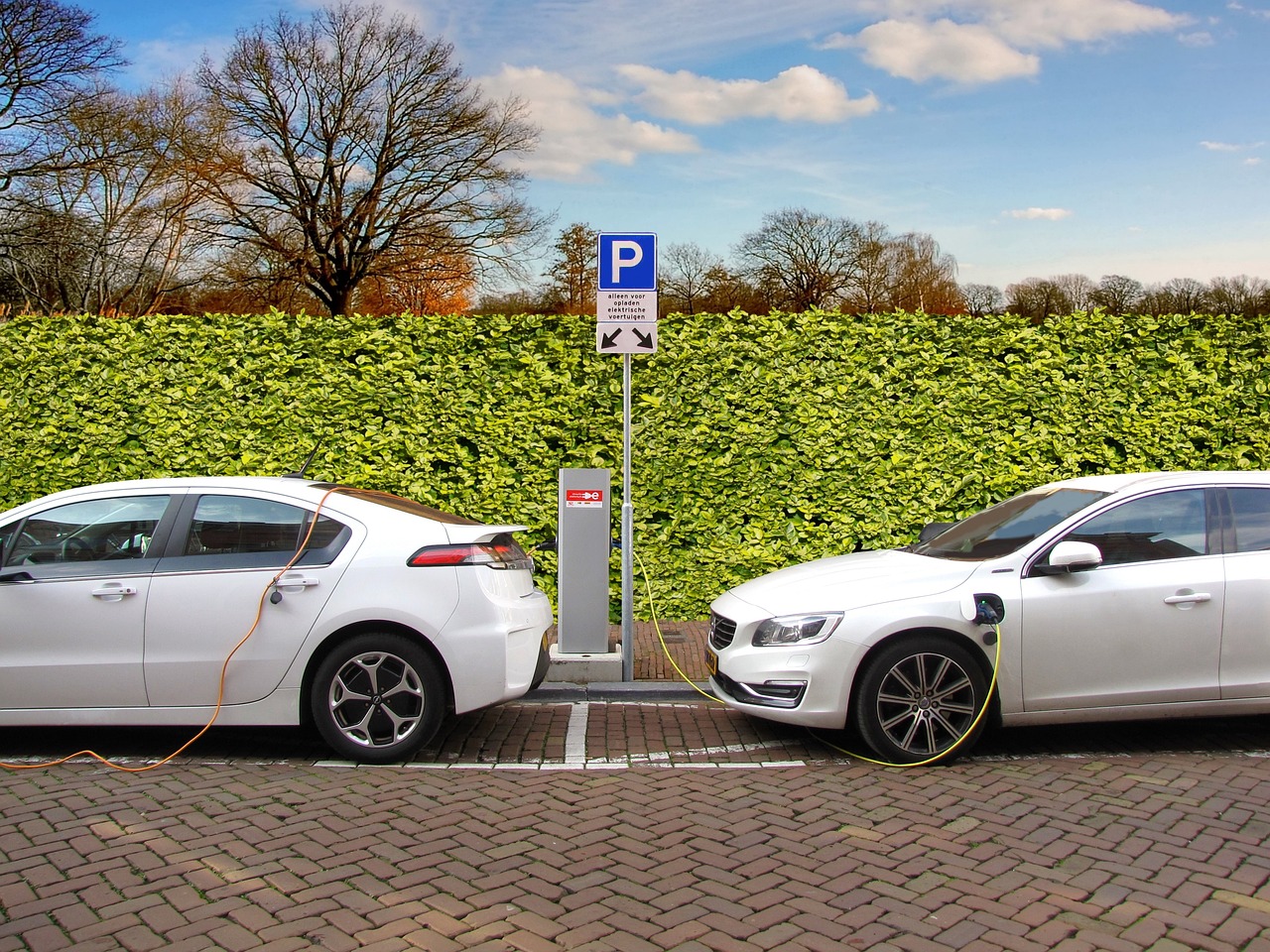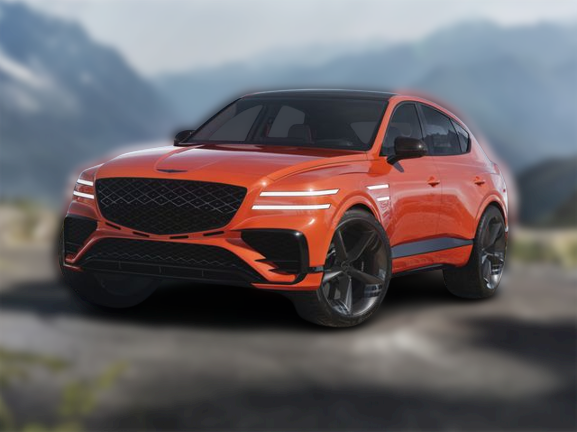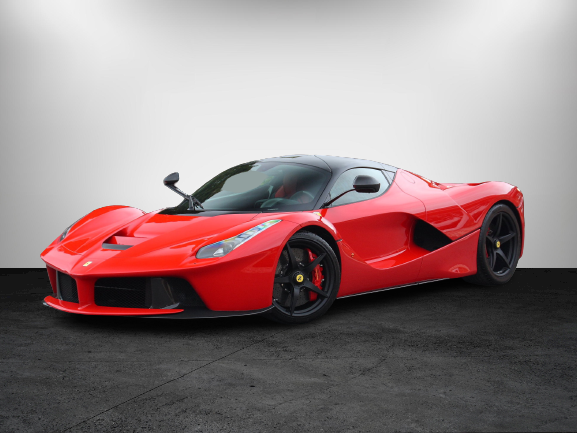As we enter 2023, the automotive industry continues to witness a surge in eco-conscious vehicles, with hybrid cars leading the way towards a sustainable future. These innovative vehicles combine the efficiency of electric motors with the convenience of traditional internal combustion engines, offering drivers the best of both worlds. As an SEO content strategist, I am excited to present a comprehensive review of the top hybrid cars to check in 2023. In this article, we will explore the design, performance, advantages, and disadvantages of each model, empowering readers to make informed decisions when considering their next eco-friendly ride.
Toyota Prius:
Design:
The Toyota Prius boasts an aerodynamic and futuristic design, optimized for improved efficiency. Its sleek lines, active grille shutters, and LED lighting contribute to reduced drag and enhanced fuel economy. Inside, the Prius offers a spacious and comfortable cabin with a user-friendly infotainment system.
Performance:
Equipped with a 1.8-liter four-cylinder engine and an electric motor, the Prius delivers an impressive combined system output. Its smooth acceleration and regenerative braking system help maximize fuel efficiency, making it one of the most fuel-efficient hybrid cars on the market.
Advantages:
- Excellent fuel efficiency and low emissions.
- Comfortable and spacious interior.
- Well-balanced handling and ride quality.
Disadvantages:
- Some drivers may find the exterior design polarizing.
- Less engaging driving experience compared to non-hybrid counterparts.
Honda Accord Hybrid:
Design:
The Honda Accord Hybrid features a stylish and contemporary design, combining sophistication with a touch of sportiness. Its LED headlights, signature grille, and sharp lines create a striking and modern appearance. Inside, the Accord Hybrid offers a premium interior with high-quality materials and intuitive technology.
Performance:
Powered by a 2.0-liter four-cylinder engine and an electric motor, the Accord Hybrid delivers a compelling blend of power and efficiency. Its refined powertrain provides smooth acceleration and seamless transitions between electric and gasoline modes, ensuring a comfortable and engaging driving experience.
Advantages:
- Spacious and upscale interior.
- Excellent fuel economy and strong performance.
- Comprehensive suite of safety features and driver aids.
Disadvantages:
- Limited all-electric range compared to plug-in hybrids.
- Trunk space slightly reduced due to battery placement.
Hyundai Ioniq:
Design:
The Hyundai Ioniq boasts a sleek and aerodynamic design, featuring clean lines and a distinctive grille. Its eco-friendly materials, such as recycled plastics and bio-fabrics, emphasize its commitment to sustainability. Inside, the Ioniq offers a modern and minimalist interior with user-friendly technology.
Performance:
The Hyundai Ioniq offers three powertrain options: hybrid, plug-in hybrid, and all-electric. The hybrid variant combines a 1.6-liter engine with an electric motor, providing an efficient and eco-friendly driving experience. Its regenerative braking system contributes to extended electric driving.
Advantages:
- Versatility with hybrid, plug-in hybrid, and all-electric options.
- Efficient powertrain with a smooth driving experience.
- Competitive pricing and generous warranty coverage.
Disadvantages:
- Some competitors offer longer all-electric ranges.
- Interior materials may feel less luxurious compared to rivals.
Ford Escape Hybrid:
Design:
The Ford Escape Hybrid features a modern and athletic design, emphasizing its dynamic capabilities. Its striking front grille, LED headlights, and optional panoramic sunroof add to its appeal. Inside, the Escape Hybrid offers a spacious and well-equipped cabin with advanced technology features.
Performance:
Powered by a 2.5-liter four-cylinder engine and two electric motors, the Escape Hybrid delivers ample power and impressive fuel efficiency. Its hybrid system allows for electric-only driving at low speeds, contributing to reduced emissions and enhanced fuel economy.
Advantages:
- Generous cargo space and practicality.
- Strong acceleration and smooth driving dynamics.
- Comprehensive suite of standard safety features.
Disadvantages:
- Some competitors offer more refined interior materials.
- All-wheel-drive system may reduce fuel efficiency.
Lexus UX 250h:
Design:
The Lexus UX 250h exhibits a luxurious and contemporary design, showcasing Lexus’ signature spindle grille and elegant lines. Its attention to detail and high-quality materials create an upscale and refined interior ambiance.
Performance:
Equipped with a 2.0-liter four-cylinder engine and electric motor, the UX 250h offers a smooth and hushed driving experience. Its hybrid powertrain provides strong acceleration and fuel efficiency, with the option for electric-only driving in certain conditions.
Advantages:
- Luxurious and well-crafted interior.
- Comfortable and quiet ride.
- Optional hybrid-specific features like predictive efficiency assist.
Disadvantages:
- Smaller cargo space compared to some rivals.
- Limited rear-seat headroom for taller passengers.
BMW 330e:
Design:
The BMW 330e boasts a sleek and sporty design, combining elegance with performance-oriented features. Its distinctive kidney grille, LED headlights, and aerodynamic lines exude a premium and dynamic appearance. Inside, the 330e offers a luxurious and tech-focused cabin with high-quality materials and advanced infotainment.
Performance:
Powered by a turbocharged four-cylinder engine and an electric motor, the 330e delivers a perfect harmony of power and efficiency. The hybrid powertrain provides quick acceleration and a smooth driving experience, with the ability to drive on electric power alone for short distances.
Advantages:
- Engaging and agile driving dynamics.
- Luxurious interior with cutting-edge technology.
- Ample electric-only driving range.
Disadvantages:
- Limited trunk space due to the hybrid system.
- Optional features can significantly increase the price.
Volvo XC60 Recharge:
Design:
The Volvo XC60 Recharge features a contemporary and elegant design, blending Scandinavian craftsmanship with modern elements. Its signature “Thor’s Hammer” LED headlights and distinctive grille make a strong statement. Inside, the XC60 Recharge offers a sophisticated and comfortable interior with premium materials and advanced safety features.
Performance:
Equipped with a turbocharged and supercharged engine combined with an electric motor, the XC60 Recharge delivers robust power and all-wheel-drive capability. Its plug-in hybrid system allows for electric-only driving and regenerative braking, contributing to a more eco-friendly driving experience.
Advantages:
- Safety-focused with advanced driver-assistance features.
- Upscale and spacious interior with excellent comfort.
- Strong performance and all-wheel-drive capability.
Disadvantages:
- Higher starting price compared to non-hybrid counterparts.
- Limited electric-only range for longer commutes.
Kia Niro Plug-In Hybrid:
Design:
The Kia Niro Plug-In Hybrid showcases a modern and versatile design, with clean lines and a compact SUV profile. Its distinctive tiger-nose grille and LED daytime running lights add to its appeal. Inside, the Niro offers a well-designed and user-friendly cabin with ample cargo space and advanced infotainment.
Performance:
Powered by a 1.6-liter four-cylinder engine and an electric motor, the Niro Plug-In Hybrid strikes a balance between efficiency and practicality. Its plug-in hybrid system allows for electric-only driving, making it an excellent choice for daily commuting and city driving.
Advantages:
- Spacious and practical interior.
- User-friendly infotainment and driver-assistance features.
- Competitive pricing and good value for money.
Disadvantages:
- Limited electric-only range compared to fully electric vehicles.
- Some rivals offer a more engaging driving experience.
Porsche Cayenne E-Hybrid:
Design:
The Porsche Cayenne E-Hybrid exudes a powerful and luxurious design, with its bold front grille, LED headlights, and sleek body lines. Its sporty character is complemented by premium materials and high-quality craftsmanship inside the cabin.
Performance:
With a powerful V6 engine combined with an electric motor, the Cayenne E-Hybrid delivers exhilarating performance and all-wheel-drive capability. Its plug-in hybrid system allows for electric-only driving for short distances, while also providing impressive fuel efficiency.
Advantages:
- High-performance hybrid SUV with Porsche pedigree.
- Luxurious and well-crafted interior.
- Off-road capabilities and towing capacity.
Disadvantages:
- Higher price tag compared to non-luxury hybrids.
- Limited electric-only range for long-distance driving.
Lexus ES 300h:
Design:
The Lexus ES 300h features an elegant and refined design, showcasing Lexus’ signature spindle grille and graceful lines. Its LED headlights and distinctive taillights contribute to a distinctive appearance. Inside, the ES 300h offers a tranquil and luxurious cabin with high-quality materials and advanced technology.
Performance:
Powered by a hybrid powertrain comprising a four-cylinder engine and an electric motor, the ES 300h delivers a smooth and efficient driving experience. Its hybrid system allows for electric-only driving at low speeds, contributing to reduced emissions and improved fuel economy.
Advantages:
- Comfortable and serene driving experience.
- Luxury features and a hushed cabin.
- Reliable and efficient hybrid powertrain.
Disadvantages:
- Less engaging driving dynamics compared to some competitors.
- Limited cargo space due to battery placement.
As the world progresses towards a greener future, hybrid cars continue to gain popularity, offering eco-conscious drivers an efficient and eco-friendly driving experience. The Toyota Prius leads the pack with its unparalleled fuel efficiency and futuristic design, while the Honda Accord Hybrid impresses with its performance and spacious interior. The Hyundai Ioniq stands out with its versatile powertrain options, and the Ford Escape Hybrid offers practicality and dynamic capabilities. Finally, the Lexus UX 250h delivers luxury and refinement in a compact hybrid package.
Each of these top hybrid cars for 2023 presents a compelling choice, catering to a variety of needs and preferences. Whether you prioritize fuel efficiency, performance, interior space, or luxurious features, the hybrid market has a vehicle that aligns with your priorities, enabling you to embrace a more eco-friendly and sustainable future.








